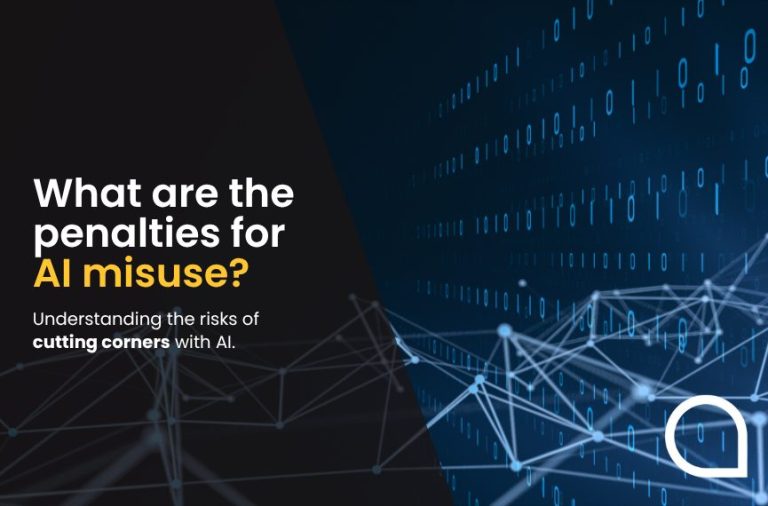
What are the penalties for AI misuse?
Embracing Artificial Intelligence (AI) whether for personal or professional use has clear advantages – and Google agrees. While it’s a common misconception that Google automatically
Discussions about SEO are often content-led. While ensuring that your website has relevant, information and keyword-rich content is vital, the technical side of SEO cannot be overlooked.
If your it is out of kilter, then even the best content won’t make amends. Good technical SEO has a number of components and it’s easy to get things wrong.
Without regular attention to those elements, they can easily become issues that inhibit the overall performance of the website. Technical SEO provides a platform on which your content can shine.
Here are some of the most common technical SEO issues and what you can do to resolve them.
Poor security will definitely result in your website being overlooked by Google and other search engines. You can find out if your website is secure by typing your domain name into Google Chrome.
If it’s not, you’ll see a grey or red background with a ‘not secure’ warning. This can be a red light to users as well as search engines.
If you discover your site isn’t secure you, will need to convert it to HTTPS security. You will need an SSL certificate from a Certificate Authority. Once purchased and installed, your site should be secure.
If you put your brand or business name into a search engine and it doesn’t show up, then there’s possibly an issue with your indexing. As far as Google is concerned, if your website pages aren’t indexed, then they don’t exist.
In practice, this means that there’s little chance of your website being found by even the most specific set of search terms. If your site isn’t indexed at all, then you can add your URL to Google.
If your site appears to be indexed but you’re seeing less or more content than you expected, then you may need to conduct a thorough audit of the indexed content. If you’re unsure why your site isn’t indexed, then you should check to ensure that it’s Google compliant.
One of the most common technical SEO issues is that a website doesn’t contain an XML site map. These assist Google search bots as they crawl your site. They relay information to search bots, enabling them to crawl your site effectively and intelligently.
To find out if your site has a site map, type in the website domain name into Google and add “/sitemap.xml”. This link should take you to a set of data about your website site map. If it doesn’t, and you’re taken instead to a 404 page, then you’ll need to add a site map to your website.
Slow-loading websites are off-putting for visitors and Google search bots alike. If your site doesn’t load quickly, there’s a strong chance that users will head elsewhere.
Studies have repeatedly shown that the majority of users will wait no longer than three seconds before moving off. Google reflects this by prioritising sites that load quickly and are not prone to any delays. If your site is taking some time to load, then it may be overlooked.
You can use Google PageSpeed Insights to detect any specific speed problems and you should check both mobile and desktop loading times. Speed site issues may have a variety of solutions, ranging from the simple to rectify to more complex issues that may require technical support.
Some of the more common site speed solutions might include image compression/optimisation, server response time improvement, JavaScript minifying, and browser caching improvement.
Google may be indexing multiple URL versions of your site. This can make accessing your site more convenient, but it can also result in your site’s visibility in search results becoming diluted.
To fix the issue, begin by checking if different versions of your URL successfully flow to a standard URL. This might include HTTPS and HTTP versions. Check arange of possible combinations. If you discover multiple indexed versions, you’ll then need to set up 301 redirects.
You should also set your canonical domain in Google Search Console.
With an explosion of dynamically created websites and content management systems, the issue of duplicate content is an increasing problem for websites. The same can apply to websites where content has been cut and pasted across pages, creating what looks to search engine crawlers as duplicate content. This can lead to the search engine crawlers becoming confused and preventing the correct content being accessed by your target audience.
Duplicate content might occur for a number of reasons. For example, e-commerce site store items might appear across multiple versions of the same URL. Printer-only web pages can repeat content on the main page. If you have an international site, the same content may appear in different languages.
Fixing each of these problems will require an individual approach, including the correct use of tags and proper configuration.
Google’s Support Page offers advice about how to deal with duplicate content effectively, and how to avoid creating it in the first place.
Good technical SEO provides a platform for your content SEO strategy to shine. Both work in tandem to deliver results.
Technical SEO can be time-consuming and complex to get right. With that in mind, most businesses will choose professional support when it comes to fixing technical SEO issues.
Aqueous Digital can ensure that your website’s technical SEO isn’t letting you down.
Take a look at the SEO Services we offer and get in touch on 0800 285 1424 or email agency@aqueous-digital.co.uk for an initial discussion and a free consultation.
Aqueous Digital’s Guide to the Top 501 SEO and Digital Marketing Terms
Aqueous Digital’s Beginners Guide to SEO
How out carry out an in-depth Technical SEO Audit
Aqueous Digital’s Ultimate Guide to the cost of SEO in the UK
How long does SEO take to work?
What are the most important SEO ranking factors?

Embracing Artificial Intelligence (AI) whether for personal or professional use has clear advantages – and Google agrees. While it’s a common misconception that Google automatically
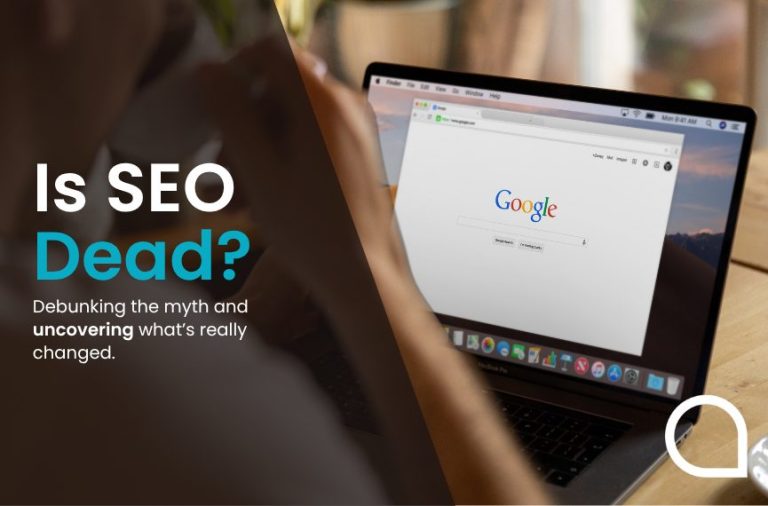
Whether it’s Google’s AI (artificial intelligence) Overviews or AI-powered SEO (search engine optimisation) tools, this emerging and fast-developing technology has fundamentally altered the SEO landscape.
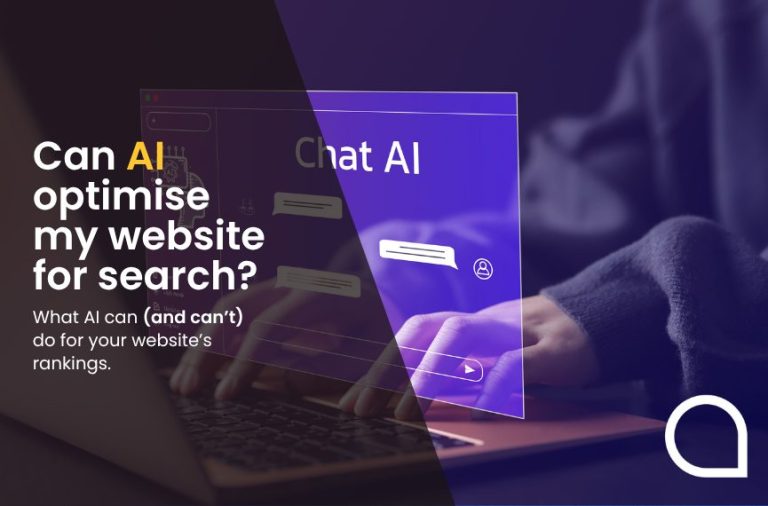
The widespread creation and adoption of AI (artificial intelligence) tools has undoubtedly changed the way that search engine optimisation (SEO) services for websites are performed.

While Google enjoys the biggest share of the search engine market (around 90%, according to StatCounter), the second-largest search engine, Bing, shouldn’t be overlooked. Following Bing’s
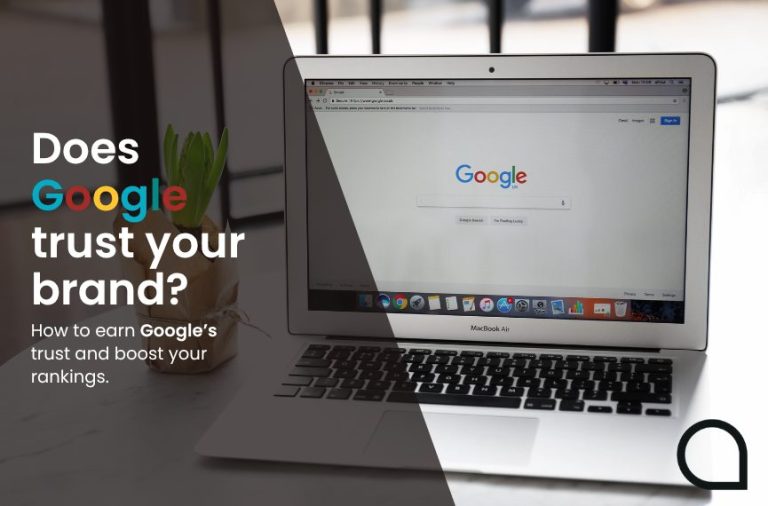
Trust: online searchers are ready to give it, and businesses want to earn it as quickly as possible, but how can you accurately assess the
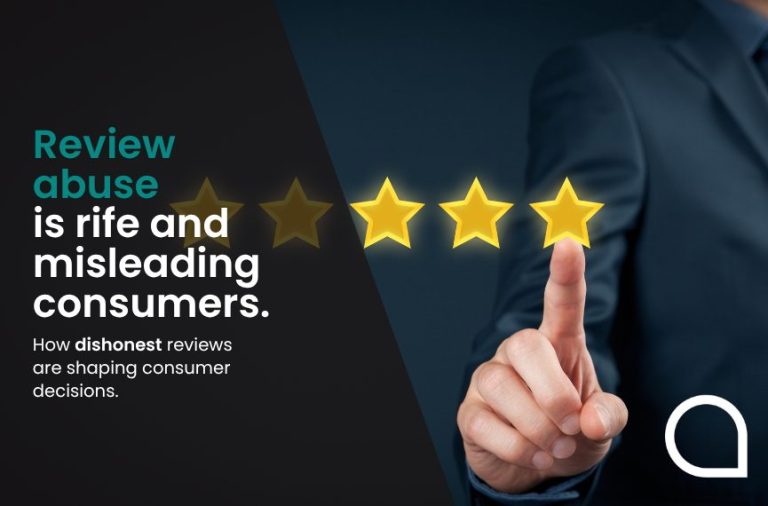
I wrote recently about the ridiculous situation of being asked to leave a review for a parking space, but what I encountered yesterday is, I